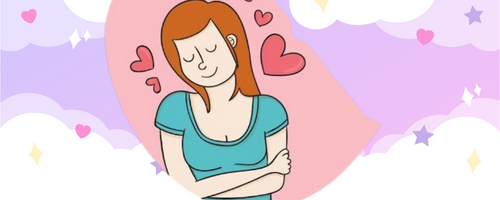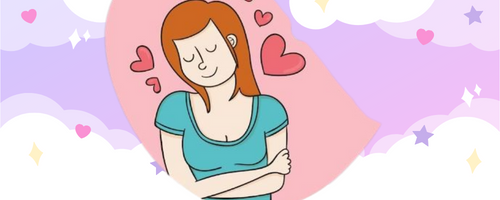The myth that there is a standard
One of the most pressing things couples face today is that the relationship has to be a certain way, and this “have to” is not related to the needs of the partners, but rather to past, present and future expectations of what roles and relationships should be like. How they should share tasks, who should cook, who should bring the money into the house, who is responsible for looking after the child. Often, instead of “what do I need”, the negotiation takes place on the level of ideologies. In fact, in long-term couples what has been observed is that roles can be reversed, they can change according to the context and, above all, they can be negotiated. Flexibility and the ability to adapt is an indicator of health, both individually and in relationships
The myth that love solves everything
We often hear: ‘if he loves me, he should understand me’, ‘if he loved me, he would know what I need’. The truth is, however, that although most couples come together based on the similarities they see between them, they come from different families, have different experiences and different relationship patterns. If relational intelligence sticks, love will diminish or even disappear over time, suffocated by misunderstandings, arguments, rejection.
In fact, the key to a successful relationship is to be able to speak and understand each other’s language and, most importantly, to avoid pushing the buttons of maximum vulnerability. Especially in the case of a traumatic history, without an understanding of the mechanisms and “trigger-ers”, love will never be enough.
“When trauma survivors are in desperate need of support, they often react in ways that actually push the other away. These patterns can interfere with their relationships for decades, even a lifetime,” exemplifies Dr. Sue Johnson in Hold Me Tight, explaining that when dealing with trauma, relationships will be more difficult and it takes support and understanding on both sides to maintain the relationship. If both partners become aware of their trauma history, they can make the relationship a space for healing and not a context for re-traumatization.
The myth that the other can make us happy
Although we are fulfilled in relationships and made to relate from the moment we are born and even before, the other cannot make us happy if we are not okay with us. This expectation is false, illusory and comes not from an adult position but from a child position. A relationship can fulfill us and make us happy, but it cannot replace what we need to do for ourselves.
The myth that taking care of ourselves is detrimental to the relationship
Self-sacrifice is often seen as a sine qua non of love, but it is often a very big trap. Behind self-sacrifice there is most often a great need for recognition and a great, implicit expectation that the other will satisfy all our needs and give us what we have given them. Therefore, rather than sacrificing ourselves on the altar of relationship, it will help us more to know our own limits and to take care that we do not violate them.
“A boundary position is born out of deeply rooted values and intuitive reactions that define what we can accept and what we are comfortable with when it comes to the relationship, the other, and ourselves. When we take a boundary position in any relationship, it is necessary to understand that we are doing it for ourselves and not against the other person,” says Harriet Lerner.
In addition, by taking care of ourselves we will be able to be more present, assertive and fulfilled in the relationship.
The myth that it’s not ok to ask
We find it hard to identify and communicate our needs, but more importantly to show ourselves as we are, not as we would like to appear or be in the eyes of others. Rarely do partners talk about the basic needs they have – the need for love, the need to be seen and appreciated, the need for security… In fact, rarely do people talk about themselves in this profound way. The battles are fought on more convenient grounds that we find easier to talk about than our deepest needs.
ut a strong relationship is about being in touch with our needs and being able to communicate what we need to our partner. In order for intimacy to exist, we need to take on this vulnerability and know how to ask, even if it seems “normal” for the other person to know or to offer.


.webp)



.webp)
